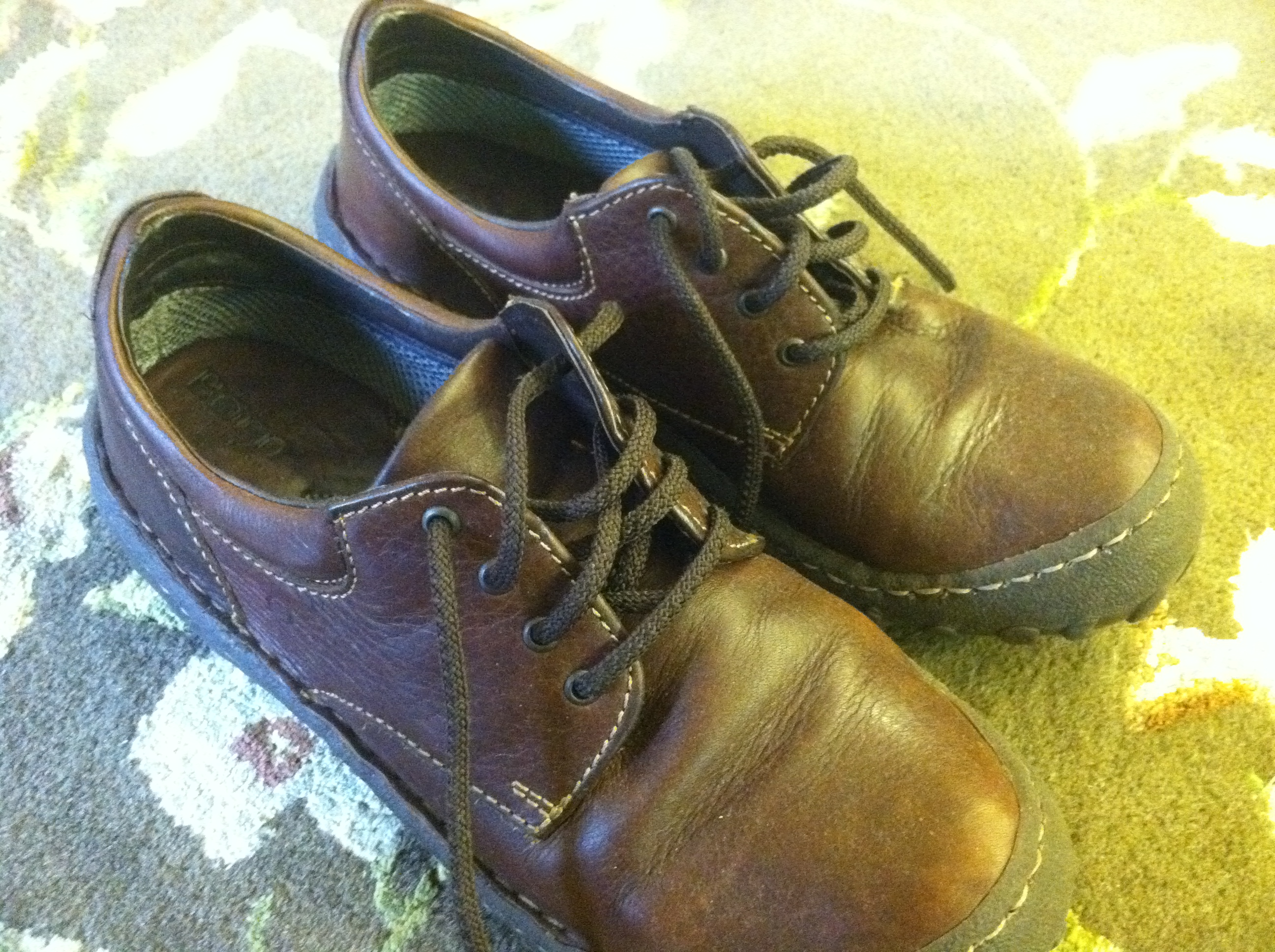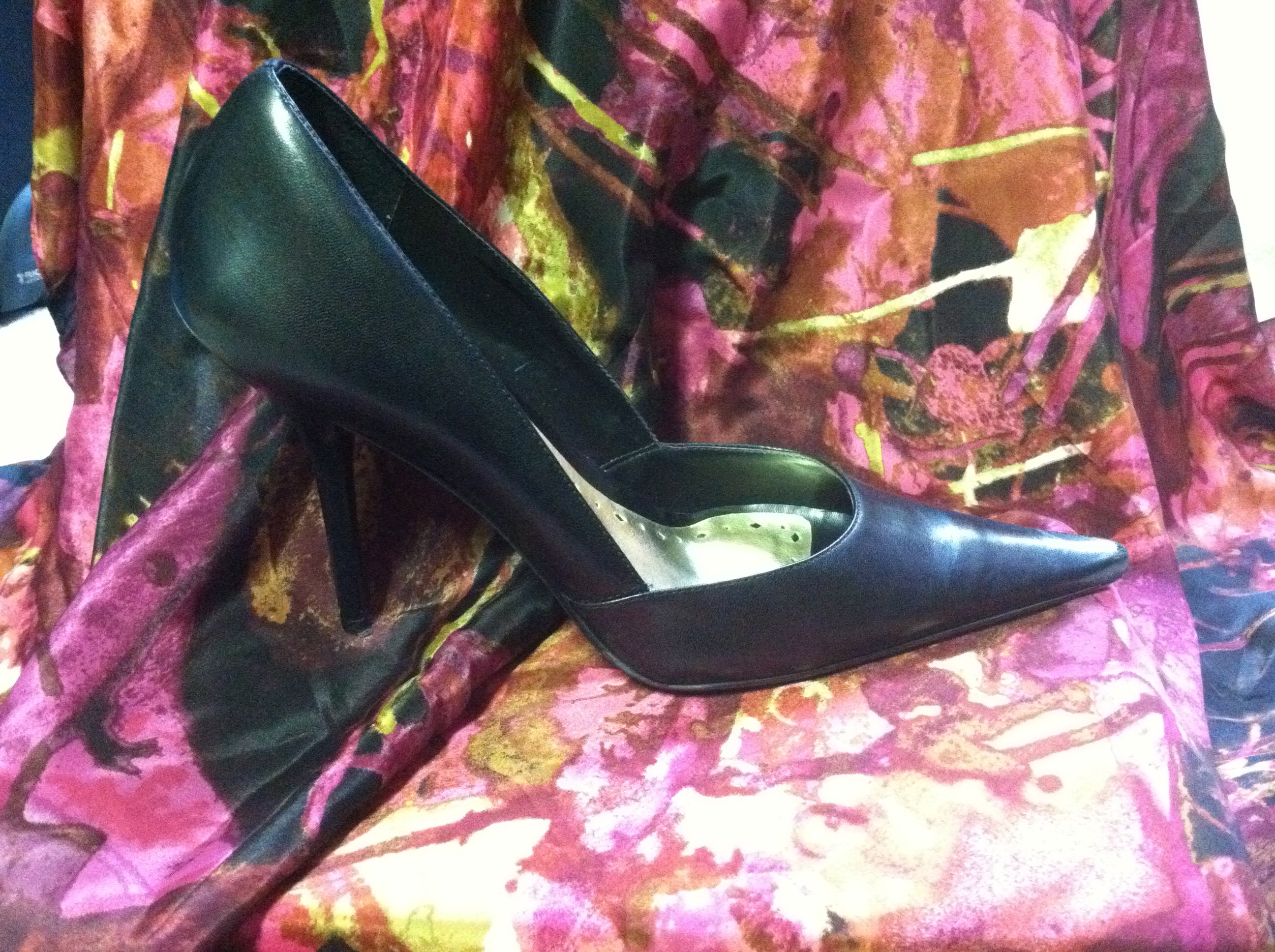I’m blogging again. It’s been a while. I could list a multitude of excuses as to why, but that would serve no real purpose other than to make me feel better. So I’ll spare you.
Since my last blog, I relocated from Atlanta to Tampa. My transition included two apartments, one townhouse, six offers to buy or sell, the purchase of one house and the sale of another, and a storage unit with more boxes than will ever fit in our current home.
Fortunately, the last two years has also included quite a bit of travel. Most trips have been two to three day little jaunts, accompanying my husband on his business trips. But there have also been a few fun girls trips and lots of wine tasting. My friends and family have gotten so used to me traveling that they frequently start our conversations by asking where I am or when is my next trip. My life coach teased me once by saying, “Girl, you need to start a travel blog.”
“I should,” I said jokingly.
Although the idea appealed to me, there were a hundred reasons why it wouldn’t work. I didn’t have anything new to contribute to the ton of travel blogs that already exist. Sure, I could write about what to wear to get through TSA quickly or how to efficiently packing a carry-on for multiple events. That’s hardly enough to sustain a blog and not that interesting.
But then I thought about the blog I wrote two years ago. It was a travel blog of sorts. It didn’t give advice about where to stay or what to see. Instead, it talked about how my travel experience affected how I saw myself. (Here’s Vacation Blue, if you missed it.)
I pondered and played with ways to turn this into a travel blog. I even wrote a practice blog about my trip to Portland, Oregon, and spent nearly a month working on a transition piece explaining why I was switching to a travel blog.
But something didn’t feel right.
It felt as if I was moving in the wrong direction. I blamed my discomfort on the fact that I couldn’t get the domain name I wanted. But deep down, I knew I was missing the point. I’m not a travel blogger.
Travel is a big part of my life, but what stirs my soul is encouraging other women to write. That’s why I started this blog in the first place. I wanted to inspire writers, provide positive encouragement, and create a supportive community.
A lot of those ideas actually grew into Minerva Rising Press. Consequently, much of my time is spent editing and publishing women writers in our journals and books. But there is still a personal need to reflect on my own writing and life in general.
So what gives? Why haven’t I been able to sustain the work of this blog?
The answer — a lack of self-acceptance and an unwillingness to work in the face of uncertainty.
It’s a challenge to write in such a public forum. There’s a fear that the work isn’t good enough and/or that people will reject it and you (the writer). Or that you will be judged for what you share. You have to learn to be comfortable with uncertainty. The work may or may not be good. And people may or may not like you.
Truth is, neither one matters. Your job as a writer is to learn to do the work.
The work stands alone. It isn’t about what anyone thinks of it or if anyone likes you. It’s about actually doing the work. It’s about the process. And the funny thing is, the more you do work, the better it becomes.
I know I make excuses, good excuses — family, responsibilities, commitments, and grief — not to do the work. I also fear being the writing won’t be very good, and/or no one will actually read it. The finished product ends up being the only thing that’s valued.
When we are called to write, it’s not about what others think or even who will read it. It’s about what the process teaches us. We learn to write by writing. Our failures and mistakes are as essential to our growth as our successes. And you can’t make mistakes if you don’t do the work.
“…all art is about starting again.” —David Bayles &Ted Orland, Art and Fear.
So, I’m back to doing to the work. I hope that as I challenge myself to get back to my desk, you will too.



 ntly I bought Call me, Zelda by Erika Robuck from a local
ntly I bought Call me, Zelda by Erika Robuck from a local


 I was tempted to jump on the holiday bandwagon and make this blog about Christmas, but I just finished
I was tempted to jump on the holiday bandwagon and make this blog about Christmas, but I just finished  I recently read Franzen’s 10 rules for Writing Fiction on
I recently read Franzen’s 10 rules for Writing Fiction on 

